
Master Ho Thi Thuy Lien - Lecturer of Paper Technology Faculty, Phu Tho College of Industry and Trade introduces research products.
In our country today, OCC margin paper is mainly collected in densely populated areas and industrial zones, so the transportation of raw materials is difficult, especially for factories far from residential areas. On the other hand, due to many large-scale factories, many new paper mill projects and production expansion, the supply and demand of raw materials are increasingly unbalanced, domestic purchasing is difficult, forcing the import of raw materials, increasing production costs, making products difficult to compete. Meanwhile, the whole country has nearly 100 cassava starch factories with modern technology, with a capacity of 200-500 tons of tubers/day. The amount of cassava residue discharged from the starch processing process accounts for about 45%. Cassava residue contains a large amount of fiber and a part of residual starch. The use of cassava pulp combined with recycled pulp is considered as adding long fibers to increase the durability of paper materials, thereby contributing to solving the difficulty of raw materials for paper production, while helping the paper industry have a new type of raw material. This is a renewable material, environmentally friendly and increases economic efficiency.
Ms. Ho Thi Thuy Lien - Lecturer of the Faculty of Paper Technology, Phu Tho College of Industry and Trade, representative of the research team said: “We researched this solution to find a new raw material for packaging paper production, which is chipboard paper. Using agricultural waste will help regenerate natural resources, increase economic efficiency and reduce environmental pollution. During the research process, we built a simple, easy-to-operate production technology process that can be applied to the existing production line of the enterprise. Paper products made from cassava pulp fibers have the novelty of high porosity and durability compared to other types of chipboard paper of the same basis weight”.

Chipboard paper produced from cassava fiber brings many benefits to the community and businesses.
Before starting the research, the authors surveyed the production and consumption of cassava residue at some cassava starch processing factories in Phu Tho province and some neighboring provinces such as: Phu Loc Agricultural Joint Stock Company (Phu Tho), Son Son Cassava Joint Stock Company (Phu Tho), Yen Binh Joint Stock Company (Yen Bai),... These are enterprises that produce cassava starch from cassava tubers with a capacity of 100-350 tons of tubers/day. The amount of residue discharged is mainly sold to livestock households, the rest must be treated with microorganisms to reduce environmental pollution.
To ensure a year-round supply of cassava pulp for paper production, the group of authors conducted research on preserving cassava pulp using two methods: Wet preservation and dry preservation. With the wet preservation method, the cassava pulp after the pulp pressing stage has a dryness of ≥20%. After pressing and separating the pulp, it must be immediately put into a sealed plastic bag to limit the time the pulp is exposed to air. The storage condition is in a house with a roof. Or the cassava pulp is dried to 90% and put into a plastic bag, kept in a house with a roof. Combining these two methods, cassava pulp will be stored year-round, ensuring a supply of raw materials for the production process.
The solution has been applied to production on the packaging paper machine line of Lua Viet Paper Joint Stock Company. Cassava pulp is used to produce a number of products that are the Company's strengths such as chipboard paper with a basis weight of 350, 400, 450, 500 g/m2. The products have quite good quality, high durability equivalent to other products of the same type. The application of the solution has helped reduce the cost of the production process by about 700,000 VND/ton of product. Compared with other traditional chipboard paper production technology processes, the technology of producing chipboard paper from cassava pulp has the advantage of reducing the amount of waste impurities such as adhesive tape, nylon, foam... contributing to reducing the load on equipment in the system such as: Cleaning equipment, pressure screens, sand filters...
The dual benefit of applying this initiative and solution is to turn waste into new raw materials, helping the cassava starch processing industry reduce the cost of waste treatment caused by cassava pulp and the paper industry has a new source of non-wood raw materials for production. This is a breakthrough to partially solve the difficulties for both manufacturing industries, contributing to the stability and development of industry in and outside the province in the coming time.
Hong Nhung
Source: https://baophutho.vn/san-xuat-giay-chipboard-tu-xo-soi-ba-san-213336.htm



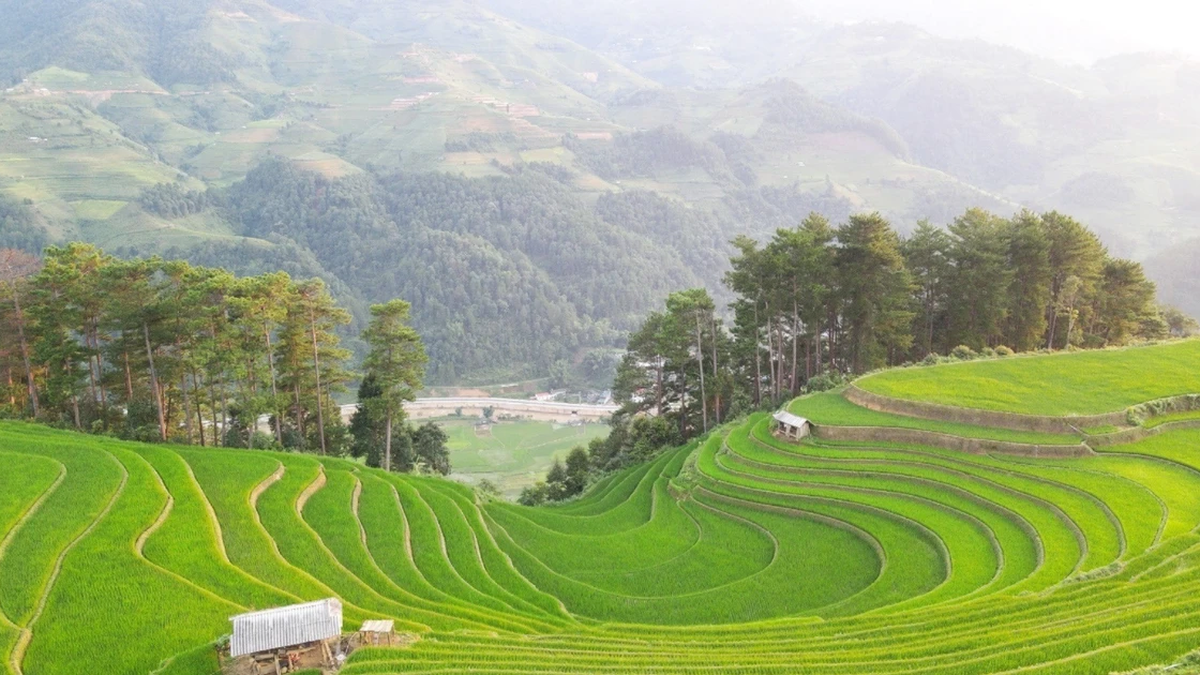

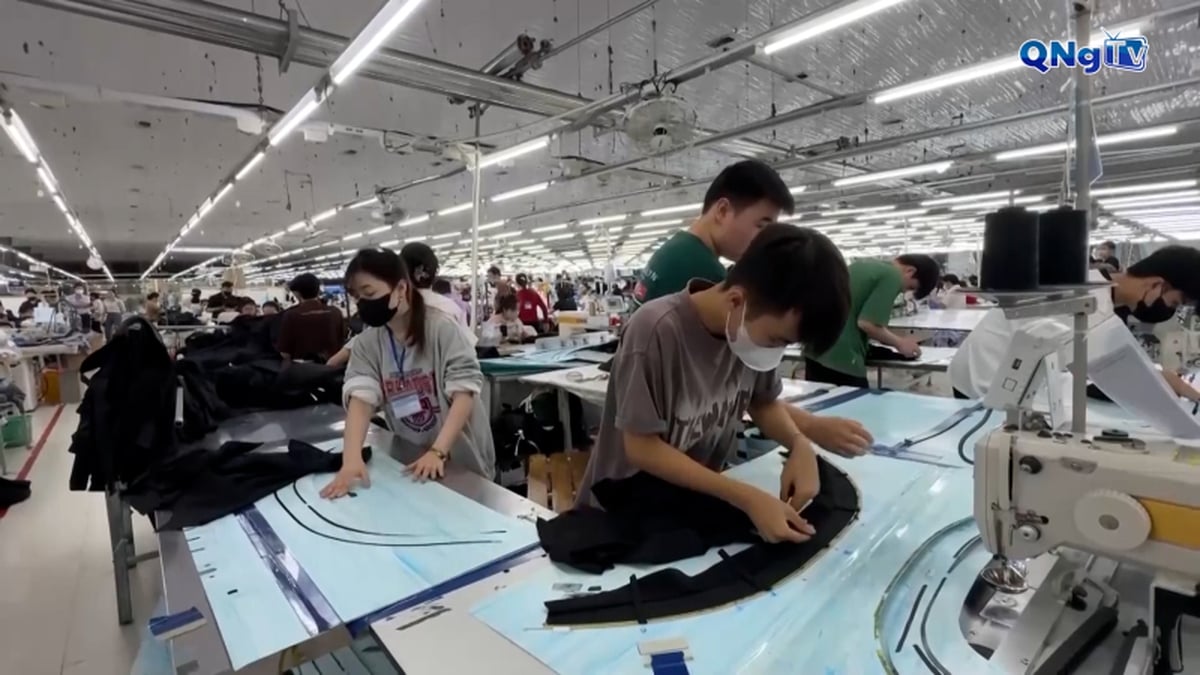
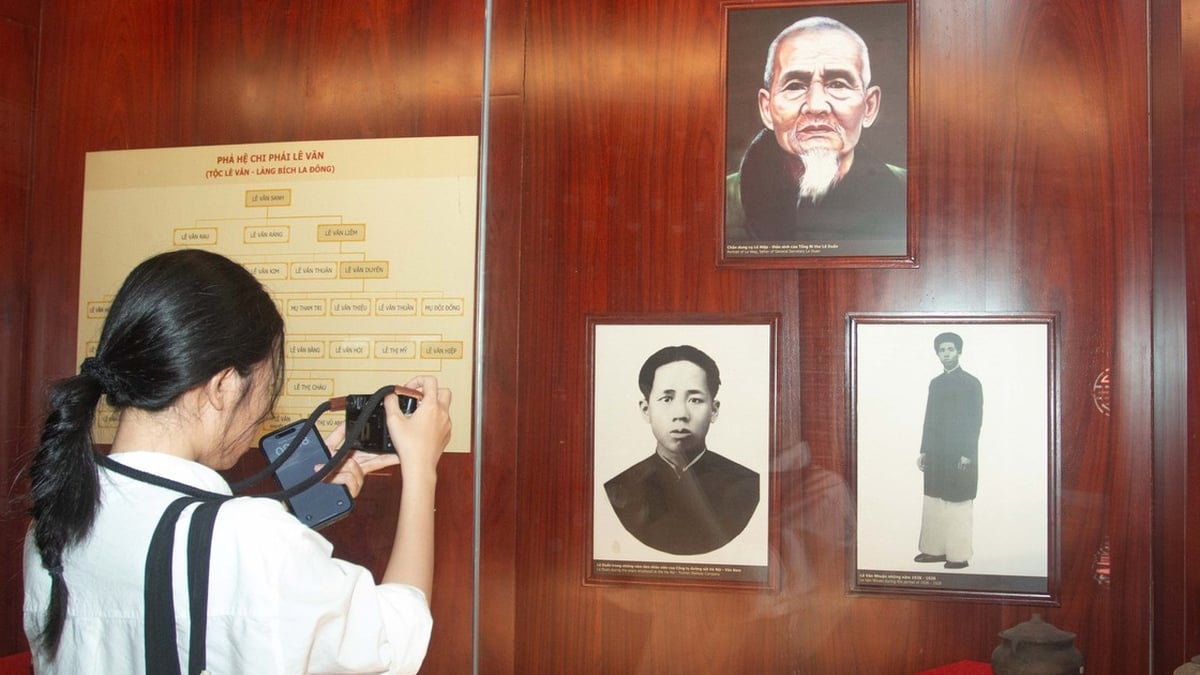
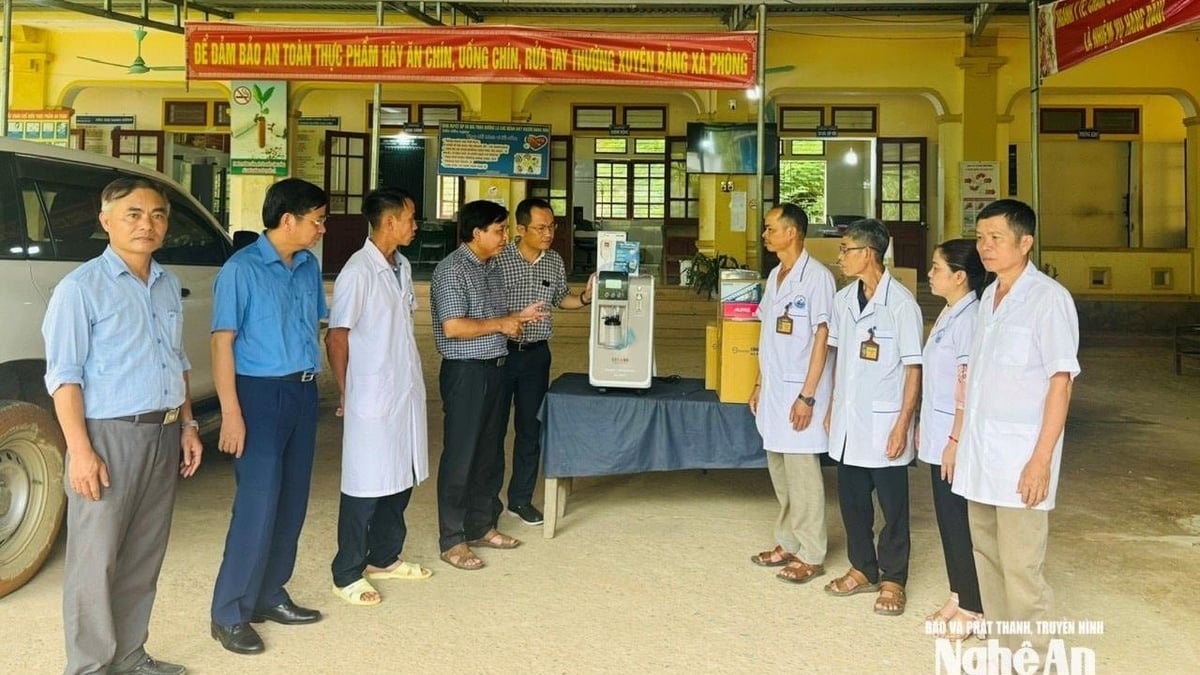

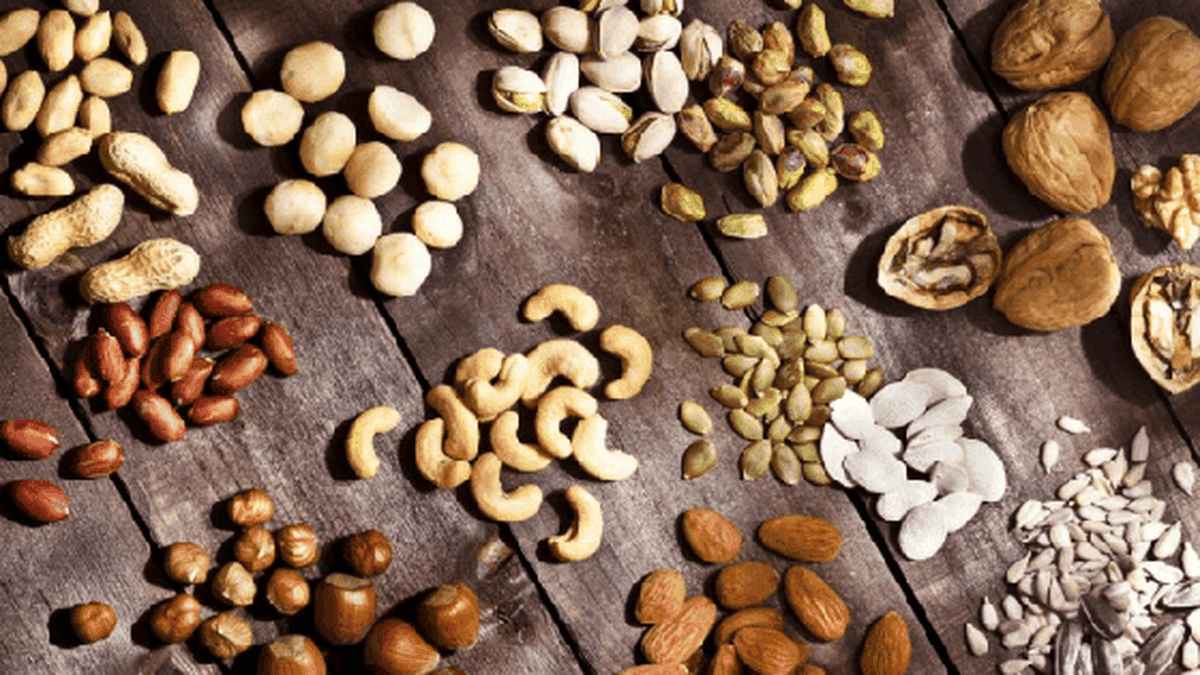























































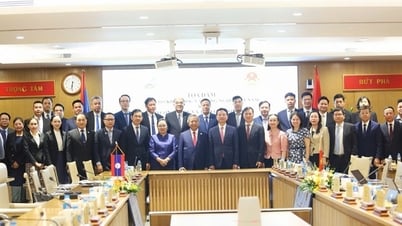

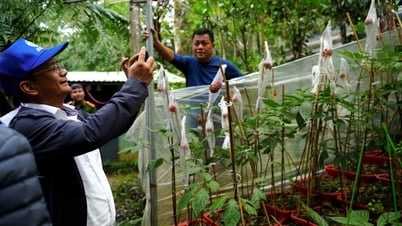


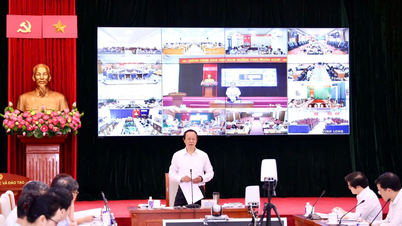

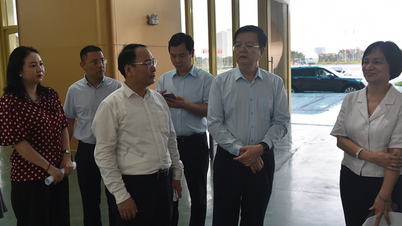
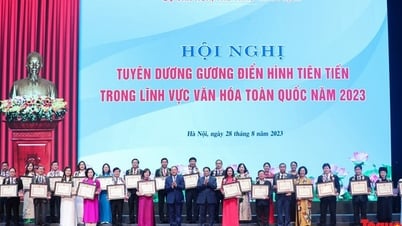

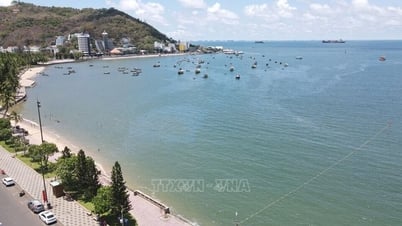






















Comment (0)